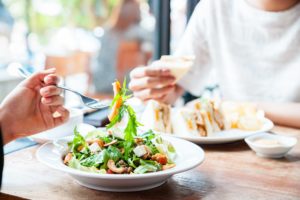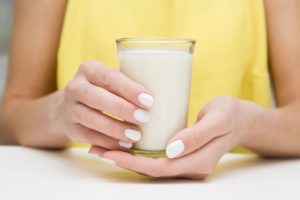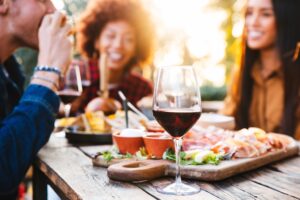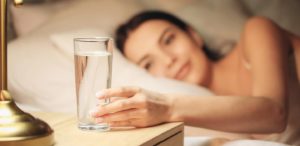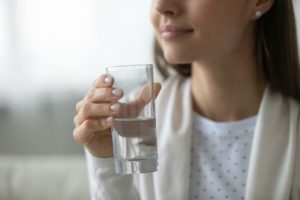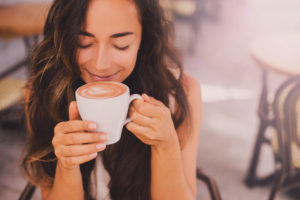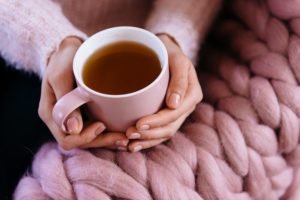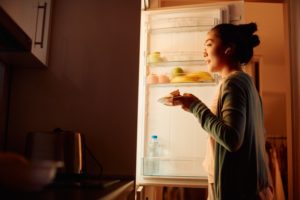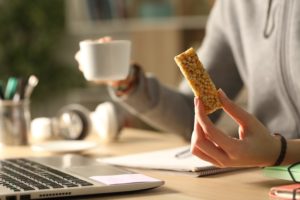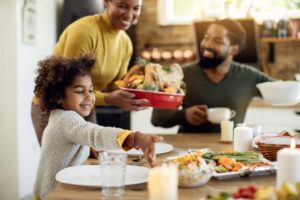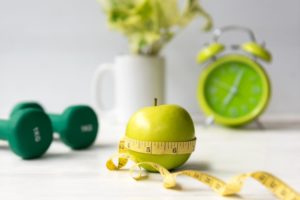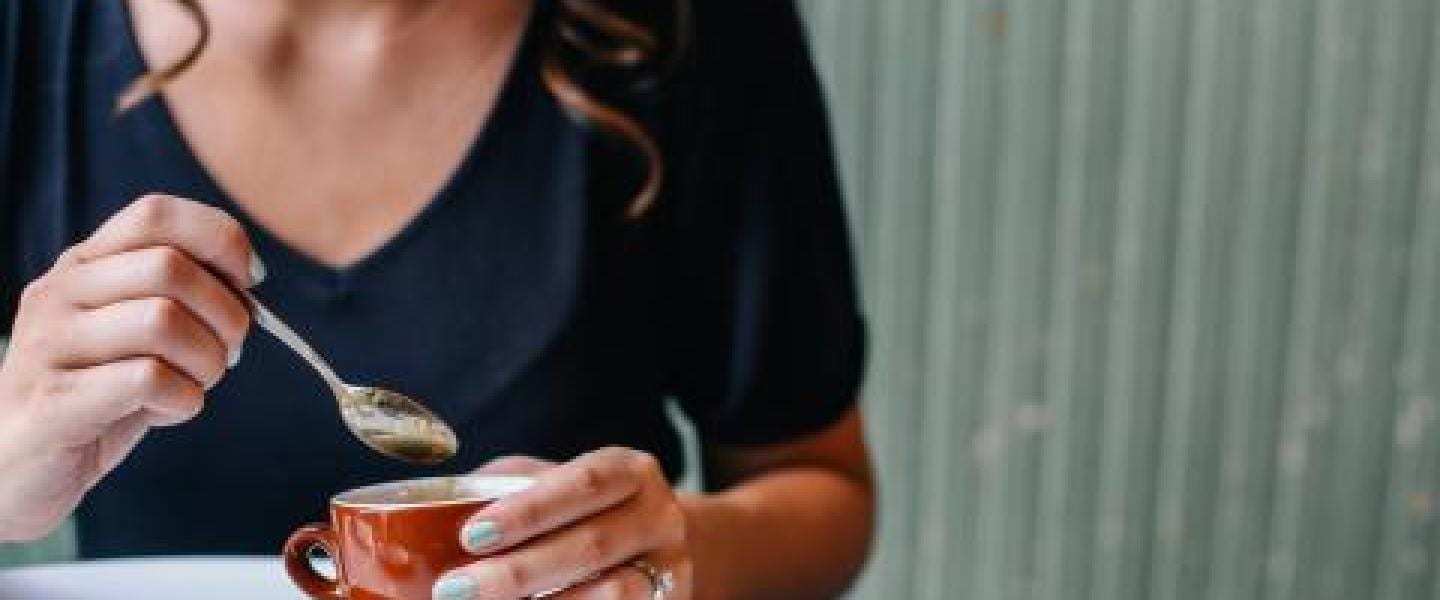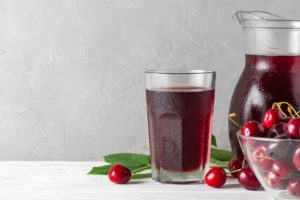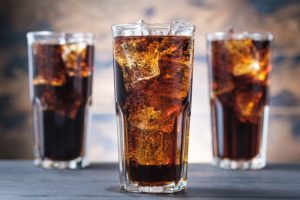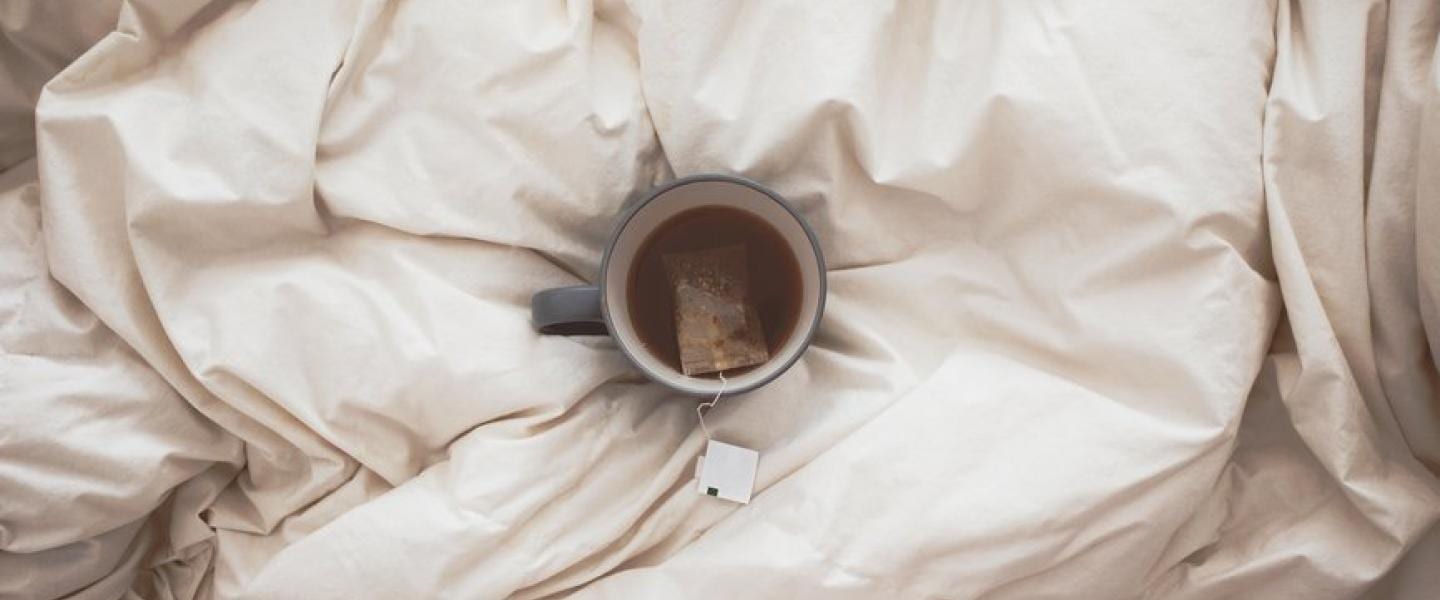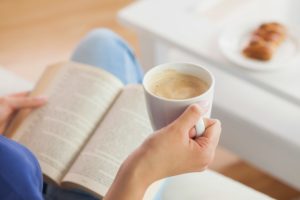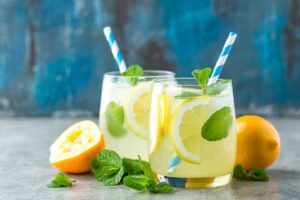Does Turkey Make You Tired?
Every year around Thanksgiving time, people talk and joke about needing to nap after the day’s big meal. Often, the cause of this tiredness is attributed to turkey, a form of poultry known for containing tryptophan. We explore whether or not turkey actually makes you tired, as well as other factors that could explain a person’s need to nap on major holidays.
Why Does Turkey Make You Tired?
Multiple experts have said that turkey alone likely doesn’t make the average person tired enough to require a nap. Although turkey does indeed contain tryptophan, so do many other foods, including cheese, chicken, fish, milk, peanuts, and chocolate.
Tryptophan is considered an essential amino acid. That means the body cannot produce tryptophan and humans must consume it through food. Research has shown that people fall asleep faster and stay asleep longer after eating foods rich in tryptophan. However, these studies look at how daytime meals containing tryptophan impact nighttime sleep. They don’t suggest that consuming tryptophan makes a person require an immediate nap, which is what people often suggest with stories about the effects of Thanksgiving turkey.
What Makes You Tired During the Holidays?
If turkey alone isn’t making you tired on Thanksgiving or other holidays, you might wonder what is. Multiple factors can contribute to sleepiness after a big holiday meal.
Overeating
Some medical experts believe that the large quantity of food eaten, rather than turkey, is the culprit for tiredness after meals. Multiple research studies provide evidence that eating a larger meal can make a person feel sleepier and less alert in the hours after eating.
Carbs and Sugar
While tryptophan-containing foods like turkey probably won’t make you need a nap after holiday meals, foods high in carbohydrates and sugar might. Research has found that people tend to feel more tired and fall asleep faster after eating a high-carb meal or a meal with a high glycemic index. High-glycemic index foods turn into sugar quickly after being eaten. Simple carbohydrate foods like breads, white rice, potatoes, chips, and desserts often have a high glycemic index.
Alcohol Consumption
Your holiday tiredness may stem from holiday drinks as much as it does from foods. People often have champagne, wine, or other alcoholic drinks at holiday gatherings. For nearly a century, experts have known alcohol can induce tiredness. To avoid feeling sleepy at holiday events, avoid alcohol or stick to only one alcoholic drink. Small amounts of alcohol may actually increase alertness, while larger amounts are more likely to leave you feeling sleepy.
Circadian Rhythm Shifts
The times of day a person feels tired or alert are impacted by physical changes in the body called circadian rhythms. Circadian rhythms can make a person feel tired during a period of time in the early afternoon called the post-lunch dip. A person who experiences this after-lunch tiredness would likely feel it on all days, not just holidays. However, on holidays and other days off of work, they may be able to take a nap, whereas on workdays, they may have to work through the tiredness.
Seasonal Affective Disorder
A mood disorder called seasonal affective disorder (SAD) can cause a person to experience symptoms of depression in the fall and winter months due to a lack of light exposure. When a person is managing SAD in the fall or winter, they may feel tired more often and want to sleep more than usual. While SAD wouldn’t necessarily make a person need to nap after a holiday meal, it could lead to more sleepiness overall throughout the season. People who have SAD should see a doctor to be diagnosed and receive treatment.
How Do I Avoid Feeling Sleepy After Eating?
Some people view taking a nap as a holiday tradition, but others may want to avoid it. Try these tips to maintain alertness after a holiday meal:
- Don’t overeat: Since overeating can contribute to sleepiness, you may be able to stay more alert after a holiday meal by sticking to small or moderate portion sizes. Smaller portions can allow you to try the wider variety of foods you want to enjoy while still eating a total amount that leaves you feeling satisfied, but not stuffed.
- Eat balanced meals: Keep in mind that it’s ideal for carbohydrates, like bread, pasta, and grains, to only make up about one-fourth of your plate. Protein should make up another one-fourth, and the remaining half of the plate can go to vegetables and fruits. Maintaining this balance and sticking to small dessert portions on holidays may help you avoid the sleepiness that often results from overloading on carbs and sugar.
- Take a walk after eating: Research shows that taking a short walk after eating a meal can reduce the blood sugar spike and crash the meal may cause. Since an increase in blood sugar can cause tiredness, taking the edge off holiday meal-induced blood sugar spikes may help you stay awake and alert.
- Consume a little caffeine: You don’t want to consume caffeine too late in the day, because that may interfere with sleep. But if your big holiday meal is a brunch or lunch, having an after-meal coffee or tea may give you the energy boost you need to stay alert.
References
8 Sources
-
Richard, D. M., Dawes, M. A., Mathias, C. W., Acheson, A., Hill-Kapturczak, N., & Dougherty, D. M. (2009). L-Tryptophan: Basic Metabolic Functions, Behavioral Research and Therapeutic Indications. International journal of tryptophan research : IJTR, 2, 45–60.
https://pubmed.ncbi.nlm.nih.gov/20651948/ -
Binks, H., E Vincent, G., Gupta, C., Irwin, C., & Khalesi, S. (2020). Effects of Diet on Sleep: A Narrative Review. Nutrients, 12(4), 936.
https://pubmed.ncbi.nlm.nih.gov/32230944/ -
Lehrskov, L. L., Dorph, E., Widmer, A. M., Hepprich, M., Siegenthaler, J., Timper, K., & Donath, M. Y. (2018). The role of IL-1 in postprandial fatigue. Molecular Metabolism, 12, 107–112.
https://pubmed.ncbi.nlm.nih.gov/29705519/ -
Mantantzis, K., Schlaghecken, F., Sünram-Lea, S. I., & Maylor, E. A. (2019). Sugar rush or sugar crash? A meta-analysis of carbohydrate effects on mood. Neuroscience and Biobehavioral Reviews, 101, 45–67.
https://pubmed.ncbi.nlm.nih.gov/30951762/ -
Glycemic Index of Some Foods. (2024). Merck Manual Professional Version.
https://www.merckmanuals.com/professional/multimedia/table/glycemic-index-of-some-foods -
Roehrs, T., & Roth, T. (2001). Sleep, sleepiness, and alcohol use. Alcohol research & health : the journal of the National Institute on Alcohol Abuse and Alcoholism, 25(2), 101–109.
https://pubmed.ncbi.nlm.nih.gov/11584549/ -
Coryell (2023, March 22). Tips for Recognizing and Treating Seasonal Affective Disorder. Merck Manual Consumer Version.
https://www.merckmanuals.com/home/news/editorial/2023/03/21/19/24/seasonal-affective-disorder -
Buffey, A. J., Herring, M. P., Langley, C. K., Donnelly, A. E., & Carson, B. P. (2022). The Acute Effects of Interrupting Prolonged Sitting Time in Adults with Standing and Light-Intensity Walking on Biomarkers of Cardiometabolic Health in Adults: A Systematic Review and Meta-analysis. Sports medicine (Auckland, N.Z.), 52(8), 1765–1787.
https://pubmed.ncbi.nlm.nih.gov/35147898/


